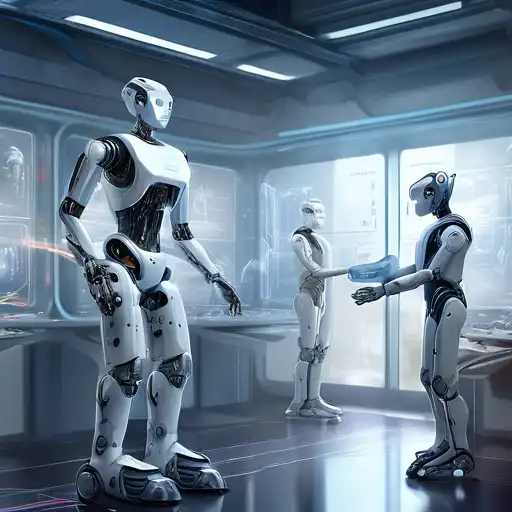The Dawn of a New Era in Robotics
The integration of Artificial Intelligence (AI) into robotics is not just an advancement; it's a revolution that's setting the stage for a future where machines can think, learn, and adapt. This fusion is transforming industries, from manufacturing to healthcare, and redefining what robots are capable of achieving.
Understanding AI Integration in Robotics
At its core, AI integration in robotics involves embedding intelligent algorithms that enable robots to perform tasks autonomously, make decisions based on real-time data, and learn from their experiences. This is a significant leap from traditional robotics, which relies on pre-programmed instructions.
The Impact of AI on Robotics
The impact of AI on robotics is profound. Robots are now capable of performing complex tasks with precision and efficiency, reducing human error and increasing productivity. In sectors like healthcare, AI-powered robots are assisting in surgeries, while in manufacturing, they're optimizing production lines.
Challenges and Opportunities
Despite the advancements, integrating AI into robotics presents challenges, including ethical considerations and the need for robust security measures. However, the opportunities outweigh the challenges, offering a glimpse into a future where robots and humans collaborate seamlessly.
Future Prospects
The future of robotics with AI integration is bright, with potential applications in space exploration, disaster response, and personalized education. As technology evolves, the possibilities are limitless, promising a world where robots enhance human capabilities and improve quality of life.
Conclusion
The integration of AI into robotics is paving the way for innovations that were once considered science fiction. As we stand on the brink of this technological revolution, it's clear that the future of robotics is not just about machines but about creating intelligent partners that can work alongside humans to solve complex problems.
